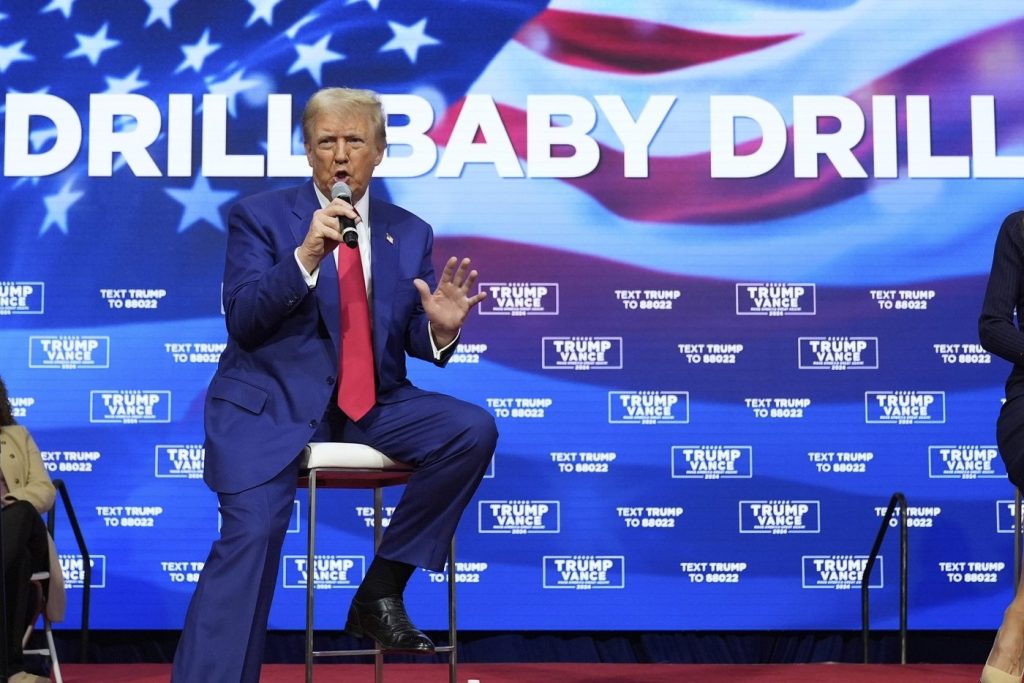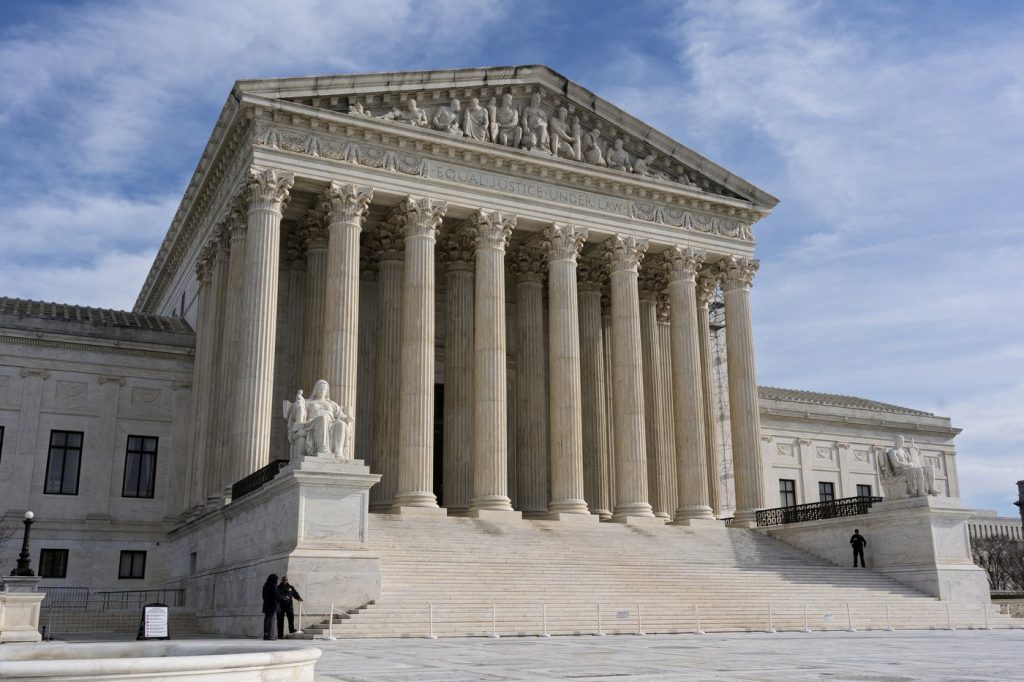The debate over permitting processes in the United States has become increasingly relevant as green energy advocates argue that the slow and inefficient systems hinder the transition to clean sources of electricity. The push for “permitting reform” highlights the urgent need to accelerate the deployment of renewable energy technologies, specifically solar and wind, both of which do not emit greenhouse gases associated with climate change.
The Trump administration has acknowledged the need to expedite energy projects but does not prioritize wind or solar initiatives, which currently represent the fastest-growing sector in U.S. electricity generation. On a recent Wednesday, the Interior Department announced a new alternative process for energy projects under the National Environmental Policy Act (NEPA), aiming to shorten reviews to approximately 28 days for environmental assessments and 14 days for environmental impact statements. Typically, these processes take around two years and one year, respectively. NEPA, established in 1970, ensures that community safeguards are considered in various federal proposals, including energy projects.
This new permitting framework applies to a wide range of energy sources, including oil, natural gas, petroleum, uranium, coal, biofuels, critical minerals, geothermal, and hydropower, all of which have minimal to no greenhouse gas emissions during production. Interestingly, President Donald Trump declared a national energy emergency on his first day in office to prioritize the development of fossil fuels.
Secretary of the Interior Doug Burgum emphasized the department's need to eliminate unnecessary delays to fast-track essential resources for the U.S. economy, military preparedness, and global competitiveness. Rich Nolan, CEO of the National Mining Association, pointed out that the cumbersome permitting process has allowed China to dominate the processing and refining of critical minerals, arguing that streamlining this process will enhance U.S. competitiveness.
However, environmental organizations have sharply criticized this approach. Abigail Dillen, President of Earthjustice, labeled the administration's actions as a "fake energy emergency" that undermines vital legal protections. She stated that the changes are illegal and vowed to challenge them in court. The Sierra Club expressed concerns that the new rules could turn environmental reviews and public input into mere formalities, potentially resulting in significant risks and hazards to communities that could only be revealed after dangerous pollution of air and water occurs.
Randi Spivak, a representative from the Center for Biological Diversity, condemned the plan as proof that Trump's energy emergency is a façade designed to promote the interests of fracking and coal mining companies, claiming it primarily benefits fossil fuel executives. During the Biden administration, while efforts were made to expedite energy project approvals, such actions occurred within the constraints of existing permitting processes.
In contrast, Burgum’s proposed overhaul aims to reshape the permitting process at a fundamental level overnight. Travis Annatoyn, a former deputy solicitor for energy and mineral resources during the Biden administration, argued that by excluding solar and wind, the administration undermines its claim of an energy emergency. Annatoyn opined that if a genuine emergency existed, it would necessitate utilizing every available energy source to deliver electricity to the grid swiftly.
Additionally, the Interior Department recently halted construction on a major offshore wind project intended to power over 500,000 homes in New York, citing concerns that the Biden administration had rushed previous approvals. The Norwegian company Equinor had already undergone a seven-year permitting process before commencing construction on the Empire Wind project last year.












